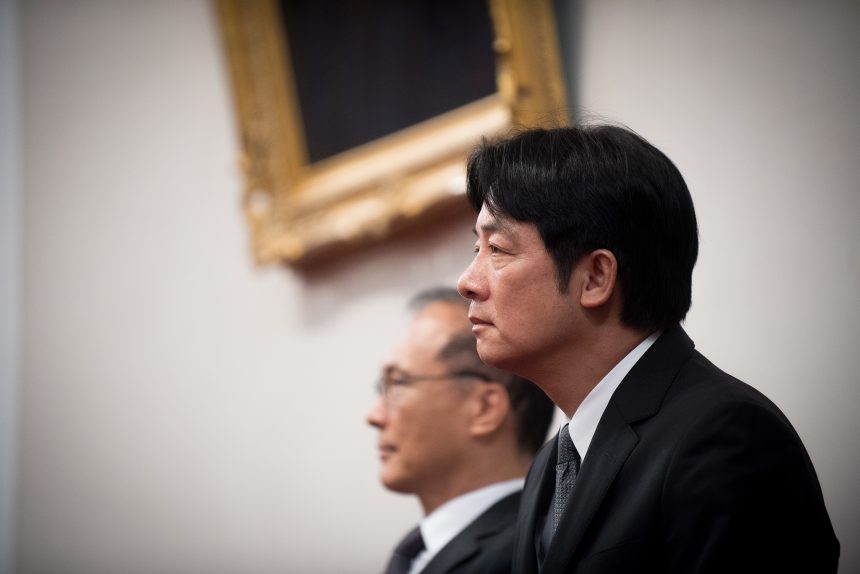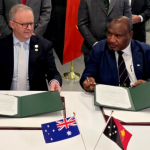Verdicts Delivered, Sentences Handed
A Taiwanese court has convicted four former officials from the ruling Democratic Progressive Party (DPP) on charges of espionage for China. The verdicts, handed down by the Taipei District Court, include prison terms ranging from four to ten years under the Classified National Security Information Protection Act.
- Huang Chu-jung, once an assistant to a New Taipei city councilor, received the longest sentence of 10 years and a fine for espionage and money laundering.
- Chiu Shih-yuan, a former deputy head of the DPP’s Taiwan Institute of Democracy, was sentenced to 6 years and 2 months after pleading guilty.
- Ho Jen-chieh, who once served as an aide in the National Security Council, was given 8 years and 2 months.
- Wu Shang-yu, a former presidential adviser, received 4 years for disclosing classified national security information.
Prosecutors had originally requested heavier sentences, and may petition for an appeal.
Nature of the Espionage Allegations
According to court documents and prosecutorial statements:
- The defendants are accused of leaking or transmitting state secrets and diplomatic data to Chinese agents over an extended period.
- Huang is alleged to have used encrypted software to communicate with Chinese intelligence and recruited others to collect critical information about foreign visits, including itineraries of Taiwan’s president and vice-president.
- The court also found Huang liable for money laundering, and in a separate case for “developing a criminal organisation” in coordination with China.
- The espionage is said to have involved combining public information with classified data to produce analysis reports that were passed to agents abroad.
Political & Security Fallout
These convictions are among the most prominent in a recent wave of anti-espionage actions waged by Taiwan. The case has particular sensitivity because it implicates individuals formerly associated with senior roles in the DPP and presidential offices.
Under President Lai Ching-te, the government has adopted a more hardline stance toward Chinese infiltration, labelling China a “foreign hostile force” and instituting tighter national security policies. Critics argue this approach risks stifling political dissent, while supporters say it is necessary for safeguarding Taiwan’s sovereignty.
As tensions with Beijing rise—militarily, diplomatically, and in the domain of cyber and intelligence—Taiwanese leaders have framed the espionage convictions as part of its broader defence posture.











